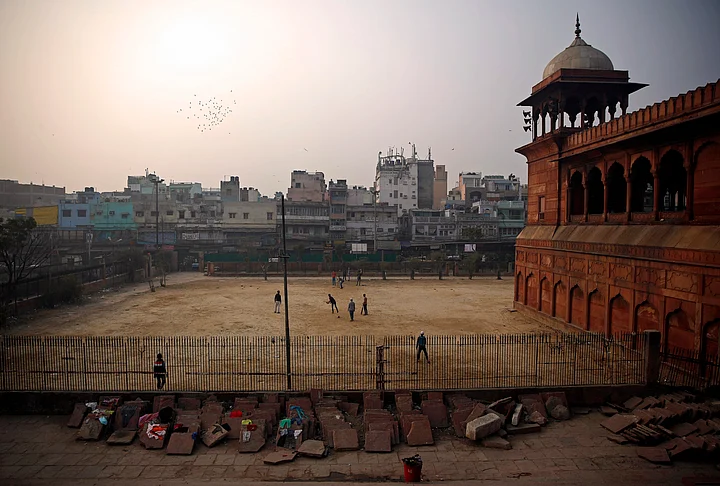The Demand For Statehood: Why Kejriwal Wants It
For Delhi to be granted full statehood, Arvind Kejriwal and the Aam Aadmi Party government will need to control three primary bodies: the Delhi Development Authority (DDA), the Delhi Police and the trifurcated Municipal Corporation of Delhi (MCD). Controlling the DDA will mean the Delhi state government will then control land and housing which are at the moment the central government’s prerogative.
Second, given the law and order situation in the city and the growing concerns for women’s safety, he has also demanded that the Delhi Police - which currently reports indirectly to the central government through the Lieutenant Governor - be made accountable to the Delhi government, for better accountability.
Third, the AAP wants the trifurcated MCD which reports to the Ministry of Home Affairs, to be brought under the ambit of the Delhi government too, in order to keep track of resource utilization and better plan the use of available resources and funds in several areas such as health and education.
While the AAP government’s reasons to pursue full statehood maybe valid, does the Aam Aadmi who voted them to office really care?
What matters to the voter and the ordinary citizen is the availability of housing, a fearless walk through the city without the danger of being molested or raped looming large and a government school that functions with efficiency. Would such a citizen really be worried about how this is executed?
What Will The Process Entail?
As R Jagannathan puts it on Firstpost, statehood will mean a bifurcation of everything from the DDA and the MCD to the Delhi Jal Board (DJB). Not just this, with Delhi being the capital, a part of it will be under state control and the other part under the centre’s control. Thus every service will have to be split in accordance to the control that the centre and the state acquire.
Not only will that throw administrative function out of gear, it will also upset the tasks that each agency executes - potentially bringing services in the city to a grinding halt.
According to Jagannathan, there are several complications to this. The state of Delhi will no longer be able to enjoy the centre’s subsidies. Instead, it will now have to rely heavily on home-grown resources to finance its running. This could mean higher taxes, excise duties, higher entry fees (into the city), higher parking rates, bus fares and more expensive metro rides.
Is the Delhiite willing to shell out for that and more?
As Jagannathan puts it, “city-states need different governance structures compared to normal states with a mix of the rural and urban. No successful city-state can attract talent and skilled workers without running a very efficient, corporatized form of government. But Kejriwal has been talking just the opposite: empowering gram and mohalla sabhas that can realistically decide only things like where to store the garbage or stop a neighbourhood brothel. Mohalla sabhas cannot become the driving structures of an urbanised, knowledge-driven future state which may continue to receive a huge influx of underfed, illiterate, and unskilled or semi-skilled migrants. It is a recipe for chaos.”
For a city’s machinery that has been well oiled for over a hundred years, will this one demand change what we know of the city?
(At The Quint, we question everything. Play an active role in shaping our journalism by becoming a member today.)
